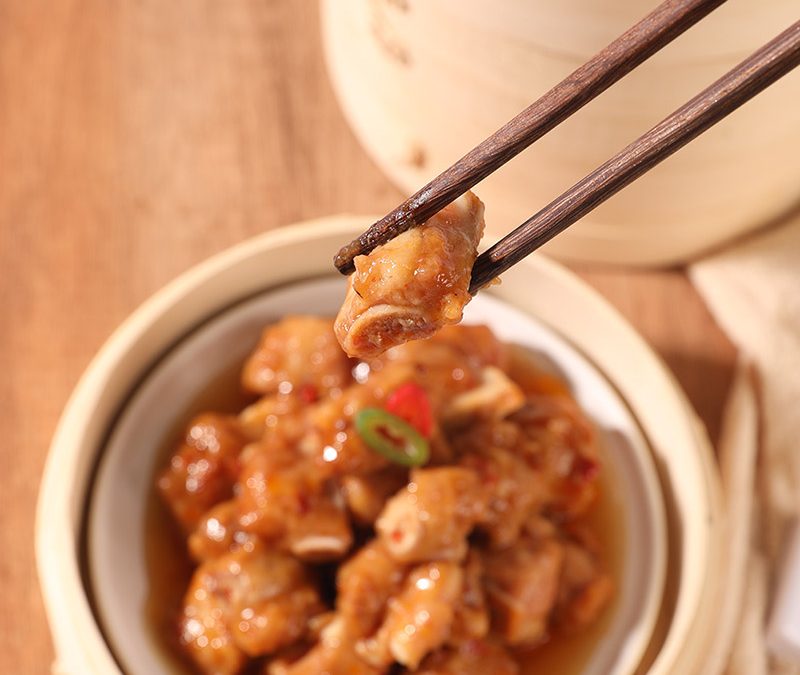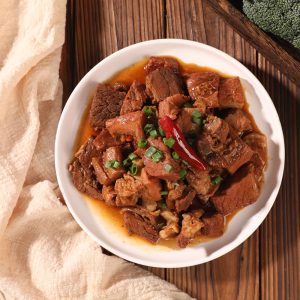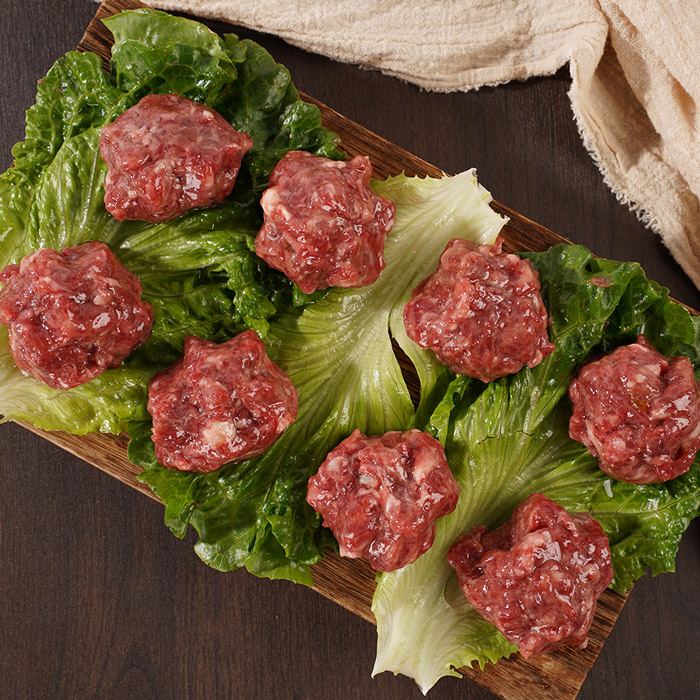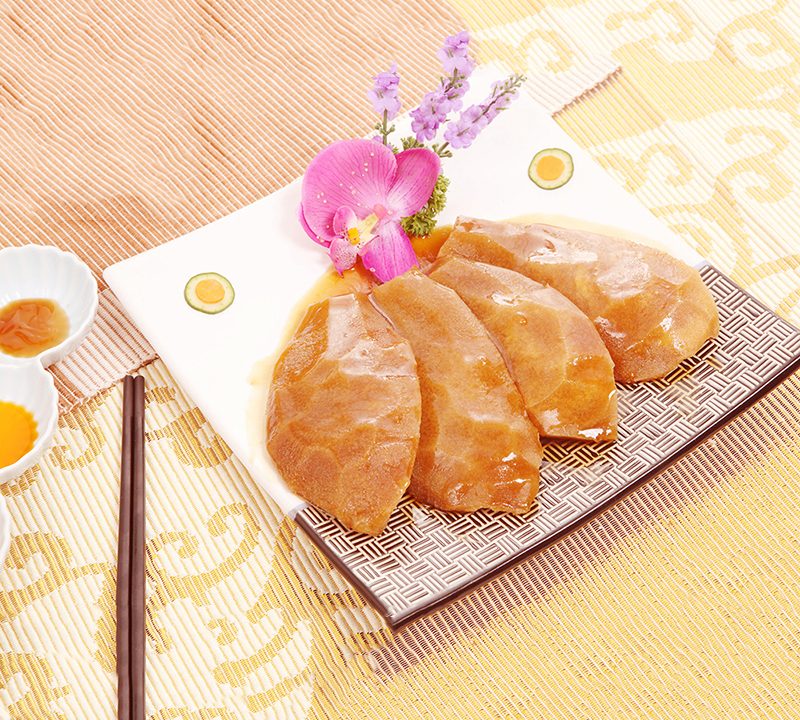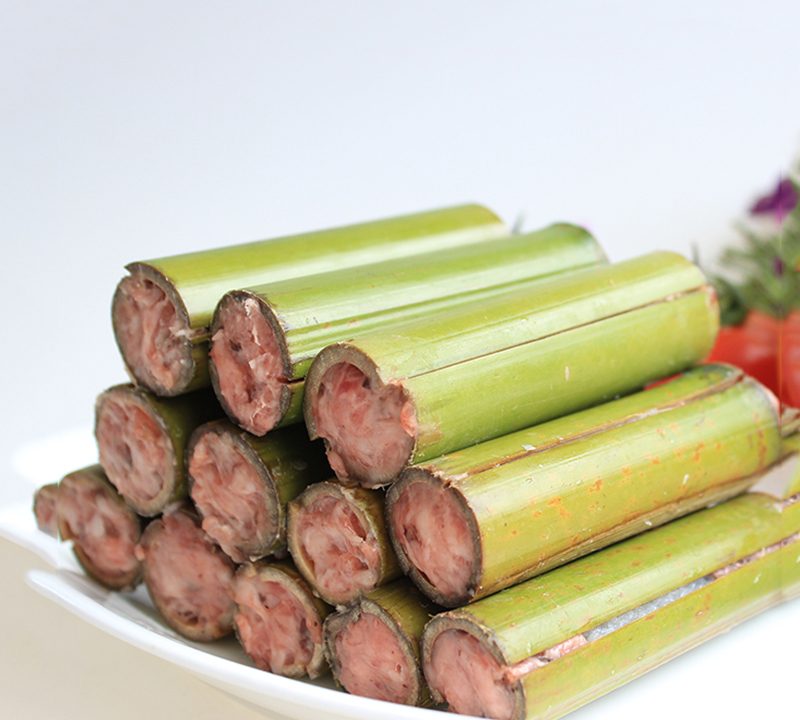Categories
When we start the business for foods import expecially for pre-cooked meats, we always need to face problems for the serious documents to clear custom,which is the neccessary barrier to open for making money coming into your pocket,….For example, Clearing customs for frozen meals imported from China to Brazil need to involves several steps and requirements. Here’s a general guide to help you through the process: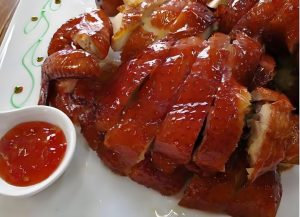
1. Preparation of Documents
- Commercial Invoice: This document should detail the transaction, including the seller, buyer, product description, quantity, value, and terms of sale.
- Packing List: Provides details about the packaging, such as the number of boxes, weight, and dimensions.
- Bill of Lading (B/L) or Air Waybill (AWB): Proof of shipment and contract of carriage.
- Certificate of Origin: Confirms that the goods were manufactured in China.
- Phytosanitary Certificate (if applicable): Required for products of plant origin to ensure they meet health and safety standards.
- Health Certificate (if applicable): Required for products of animal origin.
- Brazilian Import Declaration (DI): This is the primary customs declaration form required for imports into Brazil.
2. Classification of Goods
- HS Code (Harmonized System Code): You need to correctly classify your frozen meals using the HS Code to determine the applicable tariffs and regulations.
3. Customs Brokerage
- Hiring a Customs Broker: It is highly recommended to hire a licensed customs broker in Brazil to assist with the import process. They can help with documentation, classification, and ensuring compliance with Brazilian regulations.

4. Payment of Duties and Taxes
- Import Duties: These are taxes levied on imported goods. The rate depends on the HS Code and the country of origin.
- ICMS (Imposto sobre Circulação de Mercadorias e Serviços): A state tax on the circulation of goods and services.
- IPI (Imposto sobre Produtos Industrializados): A federal tax on industrialized products.
- PIS/COFINS: Contributions for social security and social integration programs.
5. Inspection and Compliance
- Pre-Arrival Review: Some shipments may be subject to pre-arrival review by Brazilian customs.
- Physical Inspection: Customs may require a physical inspection of the goods to ensure they comply with all regulations.
6. Customs Clearance
- Submission of Documentation: Submit all required documents to the Brazilian customs authority (Receita Federal do Brasil).
- Payment of Fees: Pay any applicable duties and taxes.
- Release of Goods: Once all requirements are met, the goods will be released for delivery.
7. Post-Clearance
- Record Keeping: Maintain records of all transactions and documentation for audit purposes.
- Compliance Monitoring: Ensure ongoing compliance with Brazilian import regulations.
Additional Tips:
- Stay Updated: Regulations and tariffs can change, so it’s important to stay updated on the latest requirements.
- Local Representation: Having a local representative or agent in Brazil can facilitate the process and help navigate any issues that arise.
- Quality Control: Ensure that the frozen meals meet all quality and safety standards required by Brazil to avoid delays or rejections at customs.
By following these steps and working closely with a customs broker, you can efficiently clear customs for frozen meals imported from China to Brazil…

